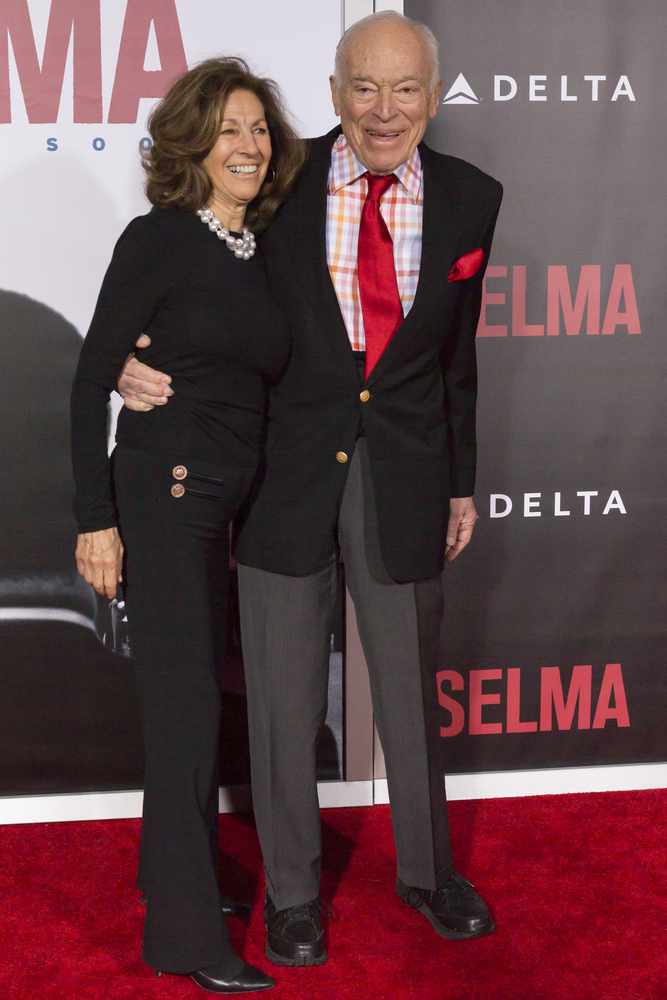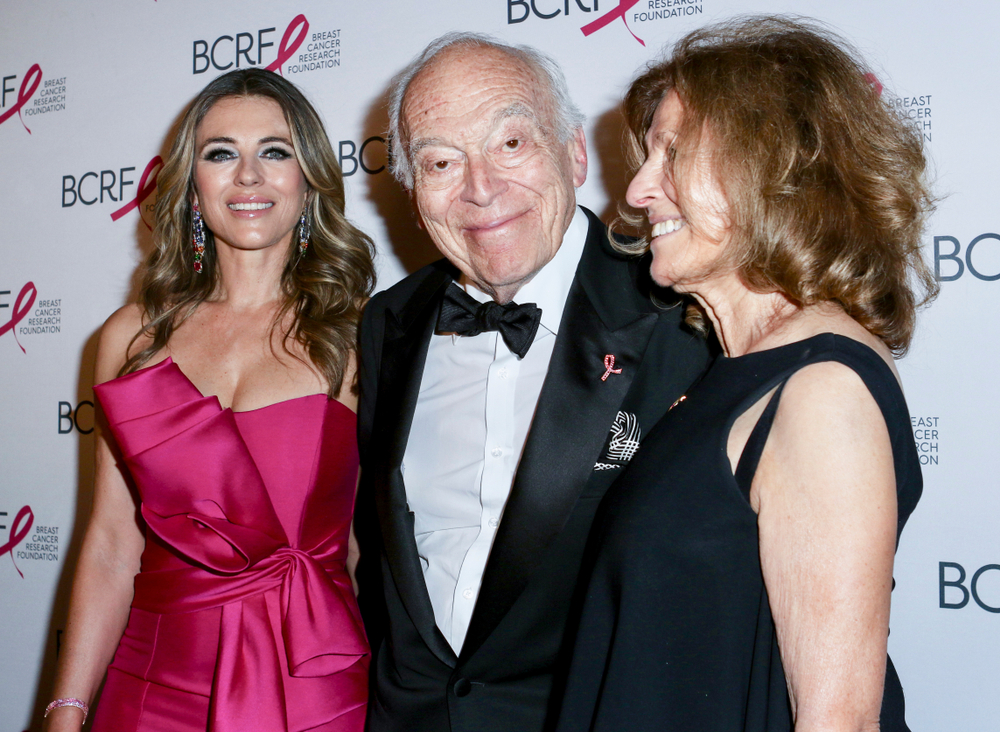Leonard Lauder: The Visionary Who Built a Beauty Empire
Leonard Lauder transformed his family’s modest cosmetics business into a global luxury empire, shaping the modern beauty industry while becoming one of America’s most influential business leaders and philanthropists. His career is a testament to the power of vision, perseverance, and a personal touch in business.
From Family Startup to Global Icon
Lauder joined Estée Lauder Companies in 1958, when it was still a fledgling operation built by his parents, Estée and Joseph Lauder. Armed with a Columbia Business School degree and military discipline from his service as a U.S. Navy lieutenant, he applied a sharp business acumen and relentless drive to scale the company.
By focusing on product innovation, international expansion, and strategic brand acquisitions, Lauder took the company from under $1 million in annual sales to billions in global revenue. Today, Estée Lauder Companies operates in 150 countries and generated more than $15.6 billion in sales last year.
A Mastermind of Brand Expansion
Leonard Lauder was responsible for some of the most successful beauty brand expansions in history. Under his leadership as president, CEO, and later chairman, Estée Lauder added powerful names to its portfolio, including Clinique, Bobbi Brown, MAC, La Mer, and The Ordinary. These brands reshaped the cosmetics market, helping the company compete across prestige and emerging beauty categories.
He also built the company’s first dedicated research and development lab and led Estée Lauder into the European and Asian markets, recognizing the power of global beauty well ahead of competitors.

leonard lauder
IPO and Industry Leadership
In 1995, Lauder took the company public on the New York Stock Exchange at $26 a share. Shares jumped 33% on the first day of trading, reflecting investor confidence in a brand that had become synonymous with elegance and performance. The company’s market capitalization now stands at approximately $24.3 billion, and the Lauder family remains its largest shareholder.
Leonard Lauder’s signature sales strategy—free samples, handwritten notes, and personal touches—defined a customer-centric approach still admired today.
Related: Changpeng Zhao Net Worth: A Multi-Billion Dollar Cryptocurrency Empire and Enduring Influence
Related: From Wetzel’s Pretzels to Dave’s Hot Chicken: The Rise of CEO Bill Phelps
The Lipstick Index and Market Insight
Lauder is widely credited with coining the term “lipstick index” during the 2001 recession, suggesting that beauty products, especially lipstick, saw increased sales during economic downturns as consumers sought small luxuries. This observation helped cement his reputation as a business thinker who not only understood cosmetics, but human psychology and economic behavior.

Philanthropy and the Arts
Beyond business, Lauder was a major philanthropic force. He pledged a groundbreaking 78-piece Cubist art collection to the Metropolitan Museum of Art in 2013—valued at over $1 billion—establishing one of the world's most important public holdings of Cubist works.
He co-founded the Alzheimer’s Drug Discovery Foundation with his brother Ronald and supported the Breast Cancer Research Foundation, where he served as honorary chairman. His approach to giving was as strategic and far-reaching as his business tactics, focused on creating lasting impact in medical research, education, and the arts.
Related: What Happens When a Nonprofit Thinks Like a Billionaire?
Related: How Mellody Hobson Built an Empire—and Broke Barriers Doing It
A Lasting Legacy in Leadership
Leonard Lauder’s success was rooted in both business brilliance and a sincere belief in people. He mentored executives, wrote handwritten notes, and valued relationships over metrics. His leadership style mirrored the values his mother built the company on: excellence, elegance, and empathy.
His son, William P. Lauder, now chairs the board of Estée Lauder Companies, continuing the family’s legacy at the helm of a business that defines prestige beauty around the world.
Leonard Lauder leaves behind not just a company, but an industry transformed—proof that thoughtful leadership can make beauty truly timeless.













